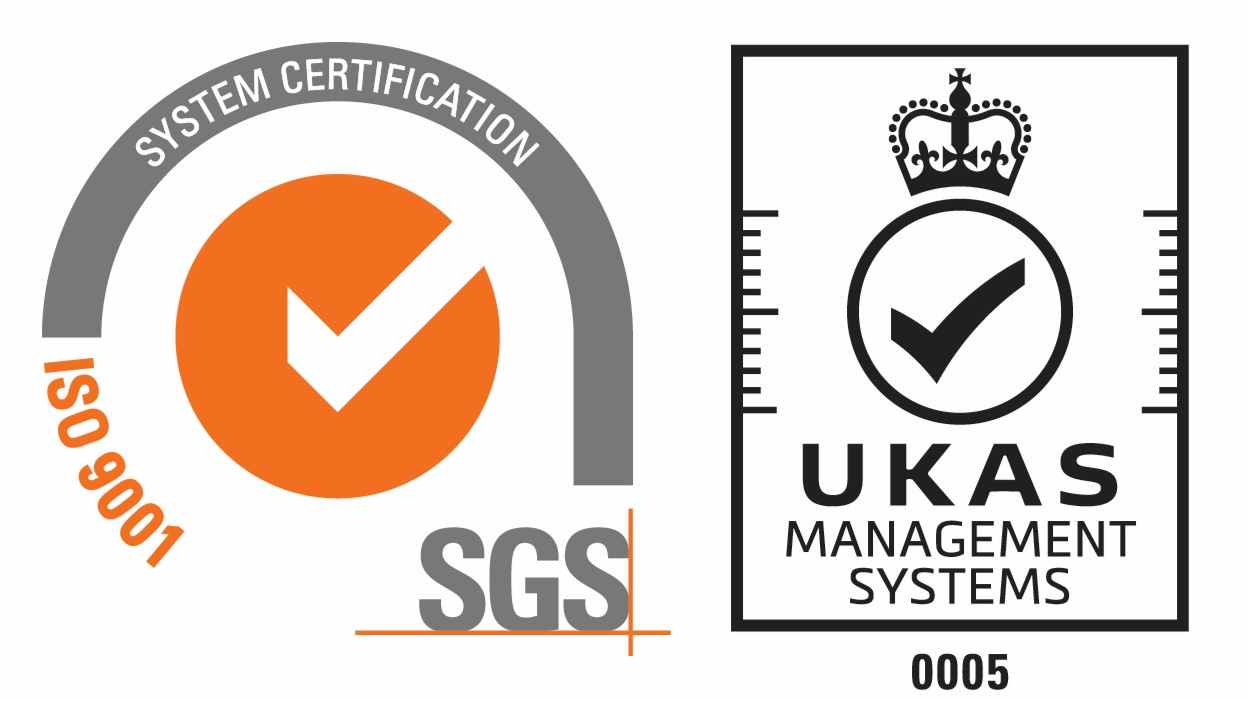What is HIV?
HIV stands for "Human Immunodeficiency Virus".
The word “immunodeficiency” means that this virus progressively weakens and destroys the immune system. The immune system allows the body to fight against infections. Because the immune system gets weaker and weaker, a person living with HIV eventually cannot fight against infections such as tuberculosis and is more likely to get cancer: this is the stage of AIDS, which means "Acquired Immune Deficiency Syndrome". This happens only if a person infected with HIV does not take appropriate treatment. Today, people living with HIV but taking appropriate treatment have a normal life, with no complications.
What happens in case of HIV infection?
After infection, the virus replicates mostly in some blood cells called lymphocytes CD4. At this stage, within weeks after infection, some people may feel sick with flu-like symptoms (decreased appetite, fever, headache, fatigue, muscle aches etc.) and rashes, sore throat or tonsillitis. After this period, there may be few or no symptoms for months or years but the virus progressively weakens the immune system, and there is an increasing risk of severe infections and cancers.
A simple test can determine if a person is infected. The earlier a person is diagnosed, the earlier he/she can start treatment, the less likely to become sick.
Transmission of HIV
There are 3 modes of transmission of the virus:
- Sexual transmission through sexual intercourse (vaginal, anal) without condom
- Perinatal transmission: from an infected mother to her child during pregnancy, delivery and breastfeeding
- Blood transmission through contaminated blood (use of a syringe or needle already used by a person living with HIV, unsterilized surgical material, transfusion of contaminated blood)
Screening and diagnosis
The only way a person can know if he/she is infected is to get tested. Tests are widely available and inexpensive in hospitals and laboratories in Thailand and in some community-based organizations as well as HIV self-tests available in some pharmacies.
Individuals covered by the National Health Security Office can be tested for HIV infection for free twice a year in the hospitals they are registered.
Most HIV tests are based on the detection of antibodies directed against HIV. A test is positive if antibodies against HIV can be detected, and negative if not. However, after contamination, it takes a few weeks for antibodies to appear in the blood. Tests may not be sensitive enough to detect them during this period. This is called the window period; a test performed during this period may be negative in case recent acquisition of HIV. In case of recent possible exposure to HIV, it is recommended to repeat the test within a few weeks without new exposure to confirm the result.
Prevention
1. Prevent HIV acquisition (for those not infected)
Several methods to prevent HIV acquisition exist and can be combined:
- Use of male or female condom. Condoms also prevent several other sexually transmitted infections
- Using disposable needles and syringes that have never been used by anyone else and not sharing these needles and needles with anyone else after use.
- Pre-exposure prophylaxis (PrEP): use of specific drugs by HIV un-infected person at high risk of infection to decrease the risk of getting infected.
- Post-exposure prophylaxis (PEP): use of specific drugs as soon as possible and at the latest within 72 hours after exposure to HIV to decrease the risk of getting infected
- Voluntary medical male circumcision: men who are circumcised are at a lower risk of getting HIV.
2. Prevent HIV transmission to others (for those infected)
- Condom
- Efficient HIV treatment (using antiretrovirals): the risk of passing the virus to other is virtually null when viral replication is effectively suppressed. To check that the treatment is effective (viral replication suppressed), the plasma viral load must be "undetectable" (less than the threshold of detection)
- For the prevention of mother-to-child transmission, specific methods based on the use of antiretroviral drugs by the mother and the newborn are available in all maternity units in Thailand.
HIV Treatment
Current antiviral treatments suppressing virus multiplication in the body. This prevent alteration of the immune system. People living with HIV and on antiretroviral treatment can have a normal life .
These treatments consists in the combination of several antiretroviral drugs, which are usually formulated in a single pill to be taken once or twice a day. However, today, there are no treatments that can totally eliminate the virus from the body and definitely cure HIV infection.

